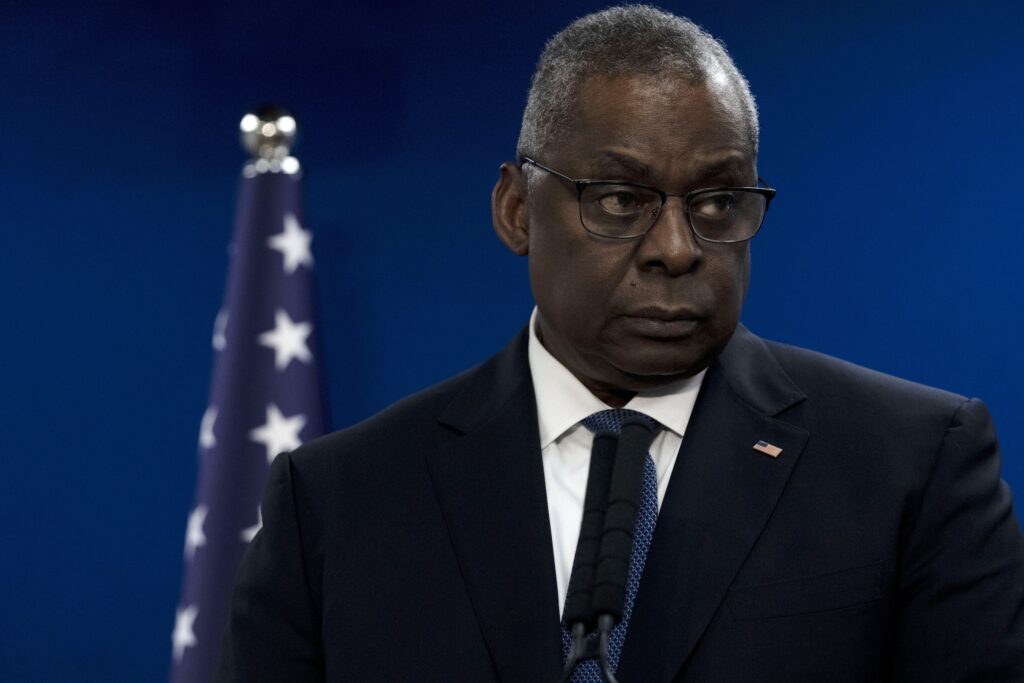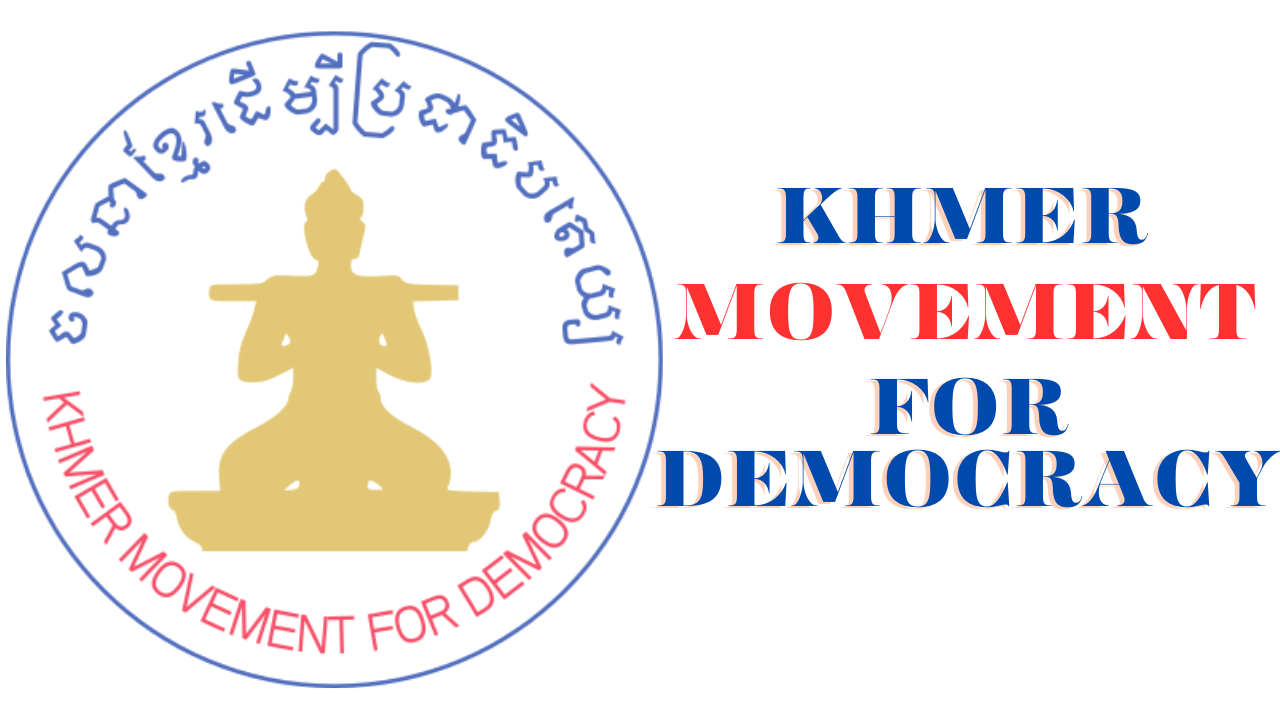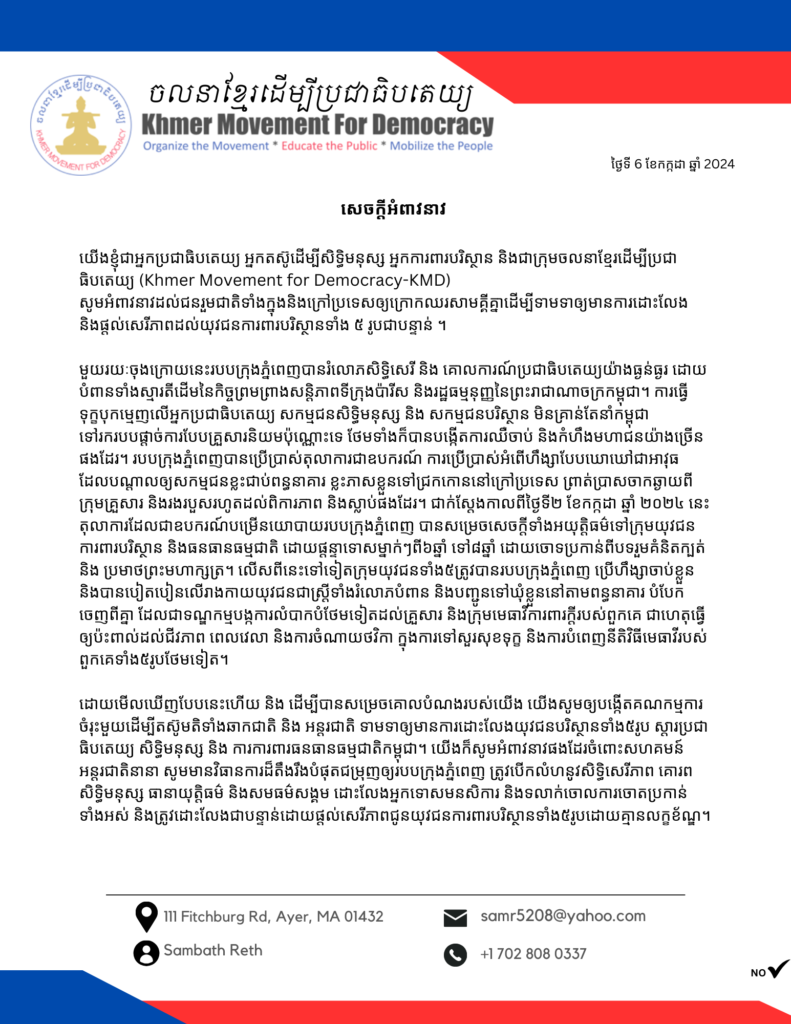
US defense secretary Lloyd Austin’s visit to Cambodia early in June will again provide unjustified legitimacy to the Hun family regime.
The Financial Times cites a US official as saying that “we see the arrival of the new leadership allowing us to explore new opportunities.”
Yet there is no real new leadership in Cambodia. Hun Sen stood down as prime minister in favor of his son Hun Manet in August 2023. Nothing has changed in terms of Cambodian domestic or foreign policy since.
Not a single political prisoner has been released, and fresh arrests as well as transnational repression continue. Hun Manet gives no sign of having an independent vision for Cambodia’s future. His father, now president of the senate, remains the back-seat driver holding the real power.
Hun Sen as prime minister enjoyed international acceptance for decades. The family regime today has not the slightest reason to deviate from its chosen paths of internal repression and reliance on China while that acceptance remains in place.
A more coherent and rational strategy for foreign governments would be to impose co-ordinated sanctions on those responsible for the destruction of Cambodia’s democracy and to deny legitimacy to the regime until the country meets its obligations under the 1991 Paris Peace Agreement.
The instinct of many foreign leaders is to try and engage with dictatorial regimes such as that in Cambodia. Such an approach has consistently strengthened the hand of the dictatorship in eliminating dissent. Images of high-level meetings with foreign leaders are powerful propaganda tools for the regime.
These images are used to convey to the population that there is no point in questioning a government which has international legitimacy. No-one, the subtext reads, will listen to the dissent. So citizens become even more likely to self-censor. For those who speak out, the arrests and intimidation carry on.
Austin will also be visiting Singapore and will meet the city state’s new prime minister. Lawrence Wong takes over in Singapore after an extensive period of consultation which ends the dominance of the Lee family in the governance of the city state. The leaders of Singapore and Cambodia therefore have differing degrees of legitimacy and cannot be treated in the same way.
There is no way that Cambodia under the Hun family regime can be removed from China’s orbit. Both partners have too much to lose without the other. The Cambodian government depends on Chinese finance and technology to be able to suppress dissent. China needs a compliant regional ally with maritime access to pursue its military ambitions.
Ream Naval Base
China’s naval base at Ream breaches both the Paris Peace Agreements on Cambodia of 1991, and Cambodia’s own constitution. These both stipulate that Cambodia is to be neutral and independent.
Two Chinese warships which arrived at the base in December were previously reported to have left in January. Images published in April by the Asia Maritime Transparency Initiative (AMTI) show that the warships in fact remained at Ream until at least March.
Hun Sen claimed the base would be open to all navies. In fact, no other ships from anywhere are known to have docked at the port, which was built with Chinese funding. There’s no evidence to suggest that the two Chinese ships have left.
The base is a serious threat to the stability of the whole region. It enhances China’s ability for surveillance and intelligence collection around the Gulf of Thailand. It givesa springboard for China to bully or even attack nearby countries, enhancing its ability to assert its territorial claims and economic interests in the South China Sea.
Dominance in the South China Sea would go a long way toward entrenching China as a global naval superpower. Countries in the region are likely to respond with increased militarization, increasing the dangers for everyone.
Expansion of the facility continues apace. AMTI reports that a new wharf and drydock are being built to further expand docking capacity and enable maintenance and repair on large ships. To the southwest of the base, over 60 acres of land have been cleared for new construction in what was previously an unused area covered in vegetation.
This is an important development affecting countries such as the members of the AUKUS security partnership between Australia, the United Kingdom, and the United States, as well as the Association of Southeast Asian Nations (ASEAN), especially the Philippines, and Japan. Those countries now have a shared interest in denying legitimacy to the Cambodian regime.

